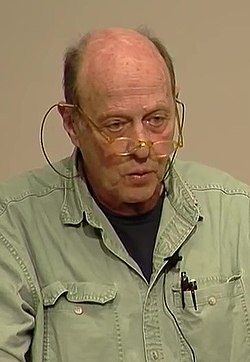James C. Scott Quote
The despot is not a man. It is the Plan. The correct, realistic, exact plan, the one that will provide your solution once the problem has been posited clearly, in its entirety, in its indispensable harmony. This plan has been drawn up well away from the frenzy in the mayor’s office or the town hall, from the cries of the electorate or the laments of society’s victims. It has been drawn up by serene and lucid minds. It has taken account of nothing but human truths. It has ignored all current regulations, all existing usages, and channels. It has not considered whether or not it could be carried out with the constitution now in force. It is a biological creation destined for human beings and capable of realization by modern techniques.
The despot is not a man. It is the Plan. The correct, realistic, exact plan, the one that will provide your solution once the problem has been posited clearly, in its entirety, in its indispensable harmony. This plan has been drawn up well away from the frenzy in the mayor’s office or the town hall, from the cries of the electorate or the laments of society’s victims. It has been drawn up by serene and lucid minds. It has taken account of nothing but human truths. It has ignored all current regulations, all existing usages, and channels. It has not considered whether or not it could be carried out with the constitution now in force. It is a biological creation destined for human beings and capable of realization by modern techniques.
Related Quotes
About James C. Scott
Trained as a political scientist, Scott's scholarship discussed peasant societies, state power, and political resistance. From 1968 to 1985, Scott wrote influentially on agrarian politics in peninsular Malaysia. While he retained a lifelong interest in Southeast Asia and peasantries, his later works ranged across many topics: quiet forms of political resistance, the failures of state-led social transformation, techniques used by non-state societies to avoid state control, commonplace uses of anarchist principles, and the rise of early agricultural states.
Scott received his bachelor's degree from Williams College and his MA and PhD in political science from Yale. He taught at the University of Wisconsin–Madison until 1976 and then at Yale, where he was Sterling Professor of Political Science. In 1991, he became director of Yale's Program in Agrarian Studies. At the time of his death, The New York Times described Scott as among the most widely read social scientists.
